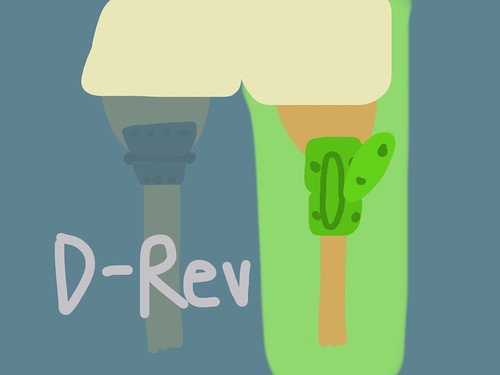Amy Cuddy: Power Poses
/Social psychologist Amy Cuddy's pioneering research shows that subtle manipulations in posture can actually change our hormone levels and dramatically alter the way we feel and are perceived by the people around us. Just two minutes in one of Cuddy's power poses boosted testosterone and lowered cortisol levels, and actually changed the performance of research participants in stressful situations. She channeled these findings into empowerment training tips.
Read More
















